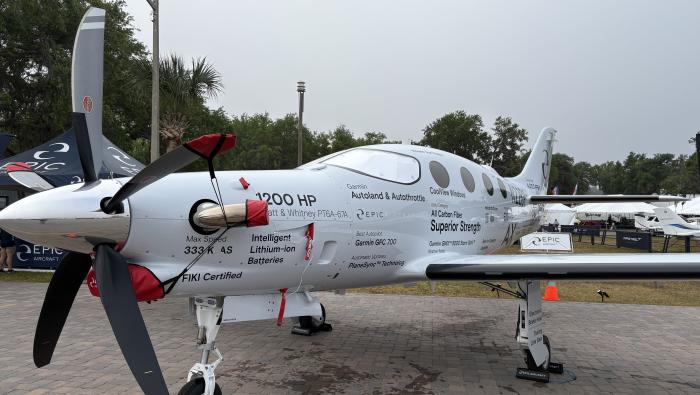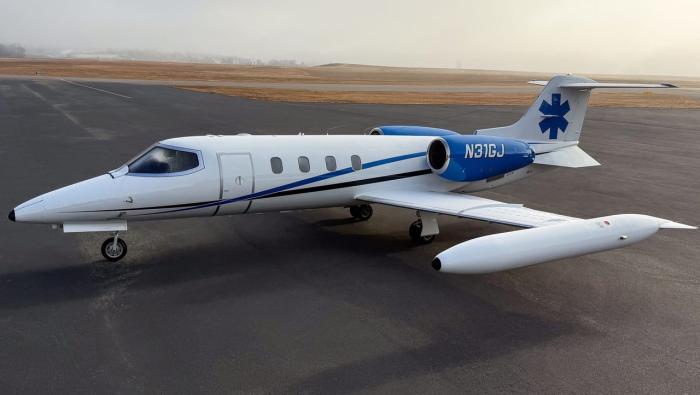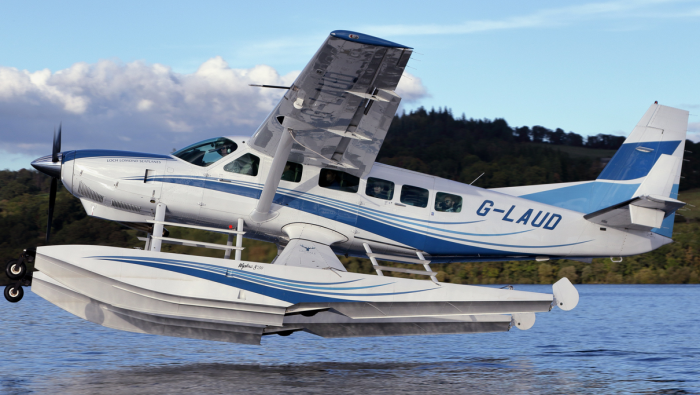Triumph is expanding its Gulfstream portfolio and strengthening its position as a tier-one supplier with an agreement to take over the Gulfstream G650 and G280 wing programs from Spirit AeroSystems.
Spirit, which has long sought a buyer for much of its work in Tulsa, Okla., will pay Triumph $160 million plus assets to assume the G650 and G280 wing programs. Under the agreement, expected to conclude by the end of last year, Triumph would keep the programs in Tulsa and offer employment to Spirit workers assigned to the programs. Triumph plans to supplement the operation with its own manufacturing experience, resources and wing design engineering capabilities, Triumph said, adding, “The company will focus on optimizing the build process and cost structure of the programs.”
Focus on Core Competencies
The programs had been costly for Spirit. J.P. Morgan analyst Joseph Nadol estimated that Spirit had burned $100 million on the wing programs in the first three quarters of last year and $190 million in 2013. “The positive attributes of the transaction for Spirit are clear-cut,” Nadol said.
Spirit, which is continuing to evaluate the future of its remaining programs in Tulsa, says the divestiture will enable it to focus on its core markets of commercial aviation and defense.
“Spirit can now focus on its legacy Boeing platforms, which are nicely profitable, as well as the 787 and A350, which while currently profit-challenged still have strong potential for future profitability and high volume,” Nadol noted.
For Triumph, the benefits depend on its ability to improve the profitability of the programs, Nadol said. The $160 million is expected to cover the immediate costs of the programs over the next three years, including labor costs and transfer of other work.
The work also comes with new agreements from both Gulfstream and Israel Aerospace Industries that Nadol says focus on “risk mitigation in the short-term but should improve cash flow long term.” Triumph executives note that the deals were structured to ensure the company “is not walking into a default” situation.
The agreement also involves pulling back some finishing work on the wing assemblies, along with some wing-box production, from Gulfstream’s factory in Savannah, Ga., to Triumph’s plant in Nashville, Tenn.
Triumph estimates that the deal will add $250 million in annual revenue and be immediately accretive to earnings. It also notes that both programs are past the high-risk critical design and early production phases and the upfront investments in their development are already completed. “As a result, the company believes it is assuming the G650 and G280 programs at an advantageous point,” Triumph said.
The transfer will make Triumph the supplier for four of Gulfstream’s five in-production aircraft; Triumph also provides the wings for the G450 and G550. Gulfstream brought the wing work in-house for its new G500 and G600.
Triumph president and CEO Jeffrey Frisby called the G650 and G280 programs “an excellent strategic fit” and a logical extension of Triumph’s core capability. Frisby said Triumph has reviewed the programs for “quite some time.”
The programs will further the company’s goal of building its aerostructures business and becoming a major tier-one supplier of integrated wing assemblies and related technologies. Both the G650 and G280 programs involve the complete integrated wing assembly.
Also, Frisby noted, both programs “have significant runway in front of them,” a key factor as Triumph strives to build a stable of work as other programs conclude.
Gulfstream president Larry Flynn said he is pleased by the move: “We know Triumph well based on our experience with it on the G450 and G550 and have confidence that its knowledge and capabilities make it the right partner.”
Frisby notes that Triumph built up its G450/G550 business with the $1.4 billion acquisition of Vought in 2010. Triumph executives say the company has more “management breadth” to continue to pursue strategic opportunities.







